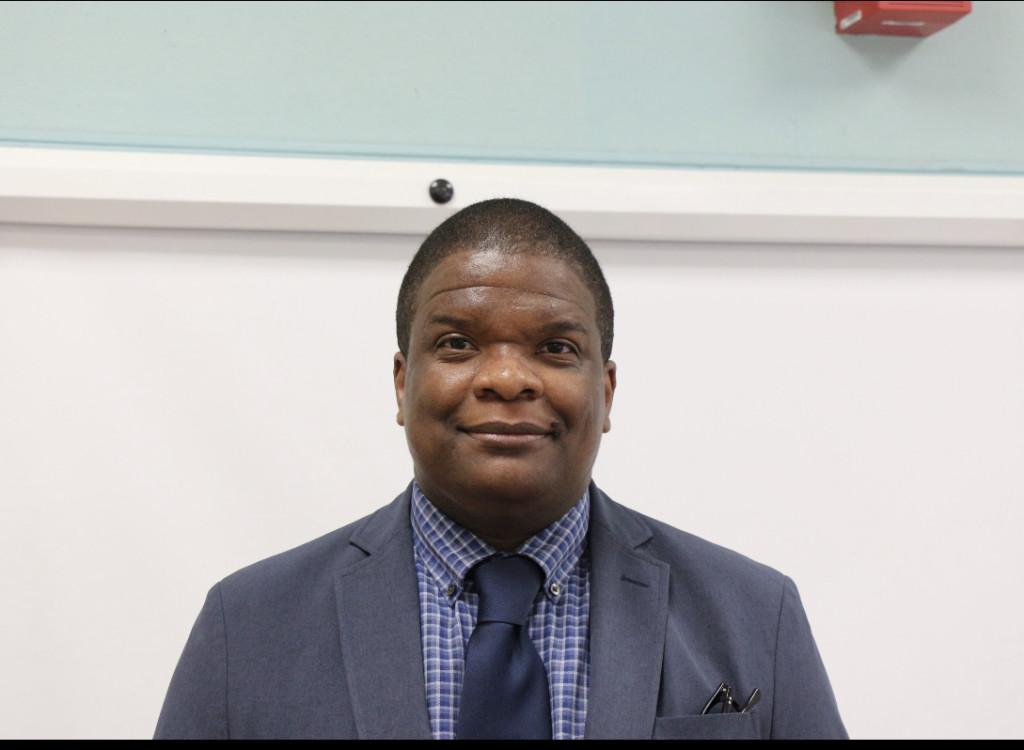Berkeley High School’s course offerings are constantly and subtly shifting; new classes spring up with much fanfare and older classes are quietly retired. Some core classes, like English or math, have solid bets that although their curriculum might change, the class itself will remain. Other electives and alternative courses, like Dana Moran’s Asian American Pacific Islander History class from 1997, have much less security.
Required classes are guaranteed a comfortable influx of students each year, but electives have no such luck. Joseph Omwamba currently teaches Universal Ninth Grade English, but used to teach Kiswahili from 2004-15 as a world language, along with other classes under the African American Studies umbrella. “The (Kiswahili) curriculum was mostly syntax … but I used it to talk about African culture,” he said. Having an avenue to talk about his heritage and introduce students to a new culture was quite meaningful to Omwamba. “It was important to me to have … that connection to my roots … and to (present) something that is spoken in most parts of Africa to my American students,” he said.
The language was discontinued due to a declining amount of students. “The numbers had dwindled … (the administration) was not content with one teacher teaching five students,” Omwamba said. Still, the relationships he formed with the pupils he had were lasting ones. “Some of them are my friends on Facebook … They can write me a message in Kiswahili and wish me a happy birthday.” One even recently reached out and bid Omwamba a happy New Year.

“I would be very glad if it came back,” said Omwamba, who derived great joy from seeing his students learning Kiswahili and interacting with his culture.
The current Asian American Pacific Islander Literature curriculum has a spiritual predecessor — Dana Moran’s AAPI History class, which the current Ethnic Studies teacher taught in 1997, at the beginning of the year. It was a semester-long elective, taught by Moran for its first two years, then by other teachers for its last two. “It started with (a discussion of) immigration patterns … then it pivoted to current issues … (like) affirmative action and the pitting of Asians against other groups,” Moran said. The curriculum and the class itself came out of a proposal, led by Kiri Mah and Nina Ichikawa of the class of 1998, who with Moran’s guidance helped get the class adopted. “We wrote the proposal together, suggesting curriculum and readings, fundraising and letter-writing in support of the class,” said Mah, who took the class in 1997, the first year it was offered. She helped focus the class on immigration and the Asian diaspora in the United States. “I remember the class began with learning Asian geography — everyone was required to pass that geography test … to make sure we all knew the countries that Asian Americans had immigrated from,” Mah said.
It was the only time Moran would teach an elective, and she enjoyed leading a class where all the students had opted-in, already interested in the subject. Moran appreciated “the sense of community and the things that really bound the kids together.” Mah echoed Moran’s sentiment, excited to have been part of a group of students interested in their backstory. “I loved that class. My memories of it are that of … so many super engaged students excited to learn about their history,” she said.
Unfortunately for the future of the class, Moran already had a full teaching schedule, and so she had to hand it off to other teachers. A lack of staffing contributed to the class’s discontinuation, but so did a lack of student interest: “We had to recruit pretty heavily for it,” Moran said. Additionally, AAPI History’s unique structure as a semester elective meant that when BHS phased out that type of elective, the class was left high and dry. Moran tried to combine the history class with Chicanx Studies to create a year-long program, but to no avail.
“It felt pretty magical when I took the course,” Mah said. Moran’s AAPI History class and Omwamba’s Kiswahili class continue to resonate in the minds of the students who took them years earlier.





